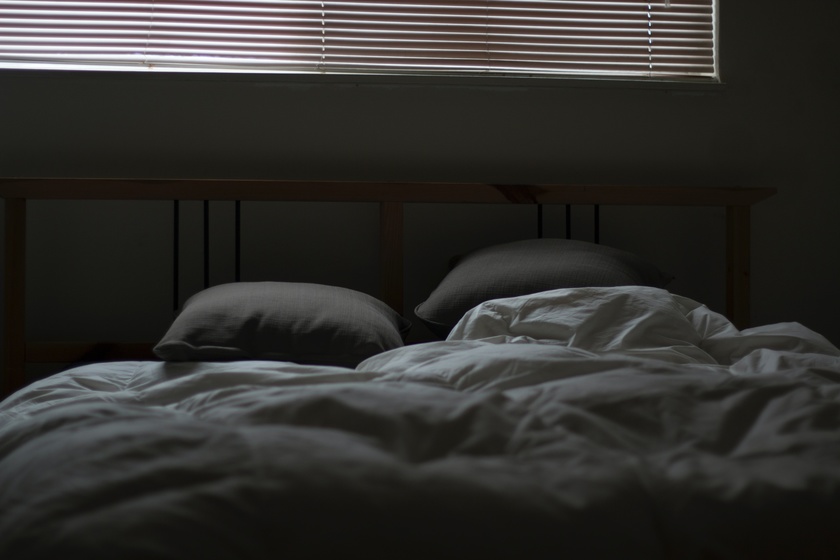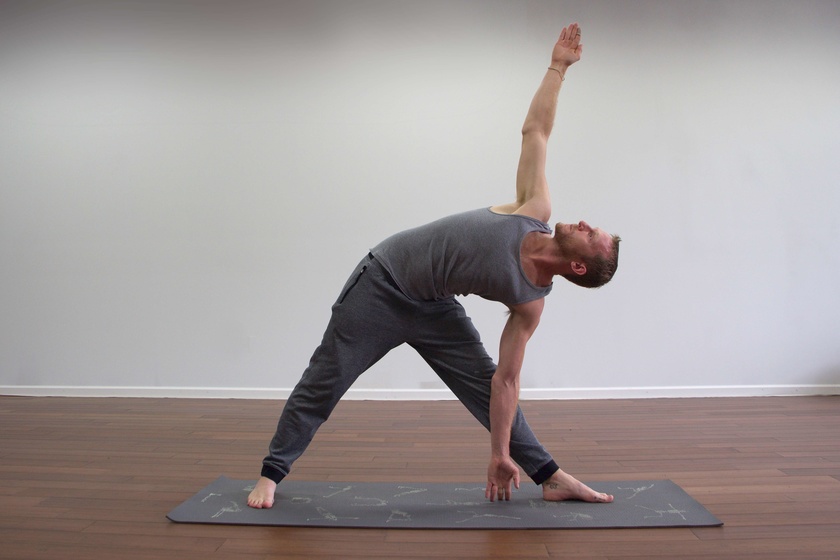
Sleep is an important part of managing stress and reducing anxiety, but many people have trouble either falling asleep or staying asleep. Not getting enough sleep can lead to serious mental and even physical health issues. Sleep is when we give our mind and body a break, so that they can heal and sort through all of the stuff we experience each day. Without this crucial time, stress begins to pile up and can eventually disturb your daily routine. Here are a few tips to improve your sleep quality, also called sleep hygiene.
Sleep is composed of several stages, beginning with light sleep (zen rest) followed by deep sleep (delta rest). Deep sleep stages occur one to four times during the night for about 90 to 120 minutes each night. The third stage of sleep is REM (rapid eye movement) sleep, which occurs at night when we dream.
11 Tips to Improve Sleep
1.Create a daily sleep routine
Go to bed and get up at more or less the same time every day, even on weekends and days off!
2. Get up and try again
Try to go to sleep only when tired. If you haven’t been able to get to sleep after about 30 minutes it is time to turn your mind on something else. Practice a body scan meditation, read a book, even get up and do something calming (not stimulating) until you feel sleepy, then return to bed and try again.
3. Avoid caffeine and nicotine
Avoid consuming any caffeine (coffee, tea, soda, chocolate) or nicotine (cigarettes) for at least 4-6 hours before going to bed. These act as stimulants and interfere with falling asleep.
4. Avoid alcohol
Avoid alcohol for at least 4-6 hours before bed because it interrupts the quality of sleep. It does help you fall asleep but it also has the side effect of waking you up in the middle of the night. Always use moderation.
5. Bed is for sleeping
Try not to use your bed for anything other than sleeping and sex, so that your body comes to associate bed with sleep. Hanging out in bed confuses the mind and you want the bedroom to be associated with relaxation and sleep.
6. Electronics curfew
Don’t use back-lit electronics 60 minutes prior to bed, as the artificial light inhibits our ability to fall asleep. Blue light tells the brain to wake up and pay attention. Also technology is design specifically to capture your attention and keep it as long as possible, so even checking your email before bed can lead to an hour of scrolling social media.
7. No naps.
Avoid taking naps during the day. If you can’t make it through the day without a nap, make sure it is for less than an hour and before 3pm. I would agree with this, unless you are practicing yoga nidra for 30 mins… then I would recommend it!
8. Sleep rituals
Develop rituals to remind your body that it is time to sleep, like relaxing stretches or breathing exercises for 15 minutes before bed.
9. No clock-watching
Checking the clock during the night can wake you up and reinforces negative thoughts such as, “Oh no, look how late it is, I’ll never get to sleep.” When this happens its a que to change your thought pattern. Start scanning your body with your awareness, count each inhale and exhale, read a book or decide to get up and write… when you aren’t thinking about sleep, it’s more likely to come.
10. The right space
Make your bed and bedroom quiet and comfortable for sleeping. An eye mask and earplugs may help block out light and noise. Technology should be off and your phone should be across the room.
11. Keep daytime routine the same
Even if you have a bad night’s sleep, it is important that you try to keep your daytime activities the same as you had planned. That is, don’t avoid activities because you feel tired. This can reinforce the insomnia and create anxiety
Conclusion
Sleep is a crucial part of health and well-being, not just for adults but also children. If you or your child have trouble sleeping, there are many things you can do to improve your quality of sleep. It’s important to understand that sleep is important not only to your health, but also to learning and development.
Once you have your sleep plan down, make sure to stick to it. This is the most important step in getting better sleep. To make sure that you are doing this successfully, make sure to keep track of your sleep stats. This can help you identify any potential issues that may be preventing you from getting a good night’s rest.






























